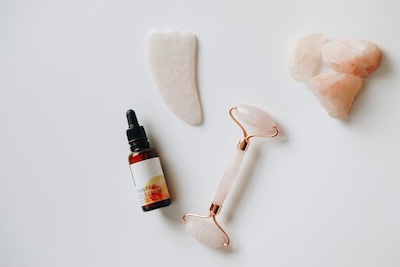While there are countless strategies to manage stress—exercise, meditation, and therapy—one often overlooked key is hydration. Proper hydration plays a crucial role in maintaining physical and mental well-being, and research suggests that even mild dehydration can exacerbate stress and anxiety.
How Dehydration Affects Stress
When your body lacks sufficient water, it triggers a number of bodily responses that can increase stress. Dehydration affects the production of cortisol, the primary stress hormone, leading to heightened anxiety and tension. Dehydration can cause symptoms such as headaches, fatigue, and difficulty concentrating, all of which can amplify the feeling of stress.
The Brain Connection
The brain is composed of roughly 75% water, which makes hydration essential for optimal brain function. Even a small decrease in hydration levels can cause issues with mood regulation, decision-making, and memory. Dehydration can lead to increased irritability and decreased ability to cope with everyday stress. By staying hydrated, you give your brain the necessary resources to function efficiently and remain resilient.
The Nervous System Connection
Water plays a vital role in regulating the autonomic nervous system, which controls the body's stress response. Proper hydration supports the parasympathetic nervous system, helping to counteract the fight-or-flight response. Drinking enough water can promote relaxation, reduce muscle tension, and stabilize heart rate—all of which contribute to a calmer state of mind.
Signs of Dehydration
Many people experience mild dehydration without realizing it. Some common signs include:
- Increased feelings of stress, anxiety, or irritability
- Fatigue or sluggishness
- Difficulty concentrating
- Dry mouth and skin
- Dizziness or lightheadedness
- Headaches
How Much Water You Need
The amount of water each person needs varies based on factors like body size, activity level, and climate. A general guideline is to aim for at least eight 8-ounce glasses of water per day. If you love intense workouts, live in a hot climate, or drink dehydrating beverages like caffeine or alcohol, you may need more to stay hydrated.
Cover Photo by Austin Kehmeier










